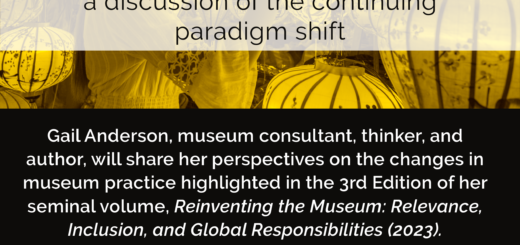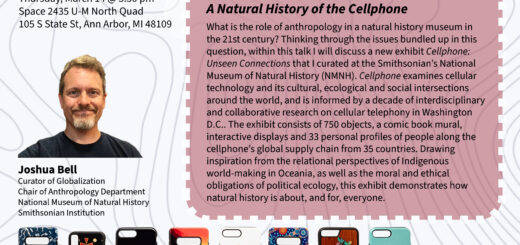While many museums refer to freedom of expression in their mission statements, their specificity as exhibiting institutions complicates the implementation of this principle. Whereas libraries have the capacity to hold thousands of books, museums curate a limited number of shows and programs. Not only do museums have an active role in selecting work and promoting individual artists, they deal in the visual, which often has a strong immediate emotional impact while also generating multiple interpretations (and misinterpretations). This power of images is well understood by the media, by politicians, and by activists (on and offline) who have variously generated and used museum controversy to their own ends.
Controversies in themselves are not bad, however their financial and community fallout often results in institutional self-censorship. The questions we face then are: How do we empower museums to fulfill their role as key actors in a lively but severely conflicted public sphere, while realizing that fulfilling that role is likely to entail controversy? How do we then help these key cultural institutions turn potential controversy to productive ends? The presentation will outline several initiatives the Arts Advocacy Project at the National Coalition Against Censorship has developed to meet these challenges.
Presented by Svetlana Mintcheva, National Coalition Against Censorship


